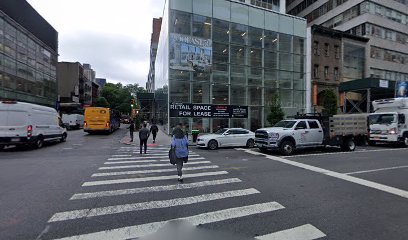ST. JOHN’S, N.L. – Newfoundland and Labrador Premier Kathy Dunderdale fended off critics Thursday who say her government’s refusal to share documents with the acting auditor general amounts to unprecedented stonewalling.
In a sometimes exasperated report to the legislature, Wayne Loveys said an overly broad interpretation of access to information exemptions derailed his review of a $5-billion infrastructure plan.
The veteran auditor, in an interview Thursday, said the government’s sweeping denial of documents on the basis of cabinet confidentiality has left him no way to trace how and why spending decisions were made.
“I can certainly say it’s not a good thing,” he said.
“The auditor general’s office is a very important link in the chain of accountability in government. And when governments spend money and make decisions, we go in and look at how they spend the money and how they make these decisions.”
Loveys, who plans to retire in May after a 33-year auditing career, said he has never seen such an information block.
“I’ve seen some refusals, but the very broad interpretation is something I’ve never seen before. It’s inconsistent with reviews we’ve done in the past.”
Similar documents were previously released for audits of road projects and medical spending, Loveys said.
But Dunderdale defended decisions by deputy ministers of justice and health to withhold data related to infrastructure projects.
Their explanation, as outlined in the auditor’s report Wednesday, was that “all documentation either obtained or generated by departmental officials, supporting assessments and rankings of proposed infrastructure projects … ultimately informs cabinet deliberations and decision making as part of the budget process. As a result, this information cannot be released.”
Despite the auditor’s objections, Dunderdale said she is confident that access to information laws were properly applied to protect documents that could expose cabinet secrets or tilt the commercial playing field.
“The money is given to municipalities and audited thoroughly,” Dunderdale told reporters.
“All invoices are available, receipts are available. Every piece of information that comes into government is available to the auditor general. It’s just the preparation material used specifically for the preparation of cabinet documents is not available.
“I think there are other ways for him to get that information other than from cabinet documents.”
Asked for an example, Dunderdale demurred.
“I can’t tell you how the auditor general does his work.”
Contacted for a response, Loveys said his ability to trace infrastructure spending rests with department documents describing how projects were assessed and funded.
“The how and why is the issue,” he said. “In this particular instance, I was not provided with the information I needed.”
Dunderdale said her government brought in legislation to allow access to internal information, and has a compliance rate with past audit reports of more than 85 per cent.
It was a bombshell analysis from retired auditor general John Noseworthy that exposed the province’s constituency spending scandal in 2006.
Four politicians of all political stripes served jail time for misusing public dollars.
Liberal Opposition Leader Dwight Ball said the government’s handling of the infrastructure review raises accountability alarms.
“Our fear is this presents some kind of precedent,” he said. “It’s not something we would expect in a government that we would want to be open and transparent.”
The audit report also describes years of attempts, between January 2008 to last October, to review the joint federal-provincial regulator for offshore oil activity.
Loveys said he finally abandoned the review after the Canada-Newfoundland and Labrador Offshore Petroleum Board tried to restrict any public use of data that it deems privileged.
Dunderdale has no issue with an audit of the regulator but “I’m arm’s length from the C-NLOPB,” she said.
“If I could direct the C-NLOPB to allow the auditor general in, I would do that. I don’t have that authority.”
Note to readers: CORRECTS to drop second reference to interview.















